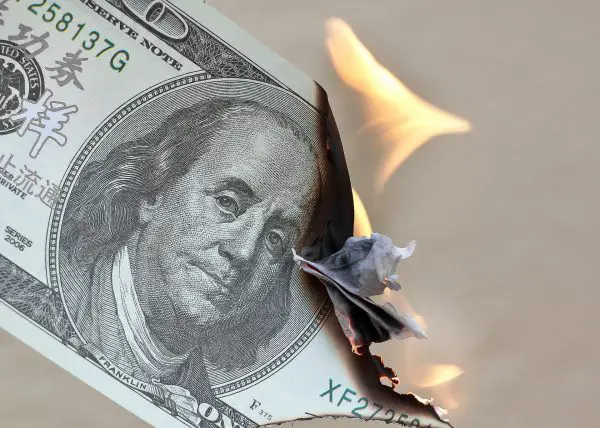Saudi Arabian finance minister Mohammed Al-Jadaan said the Kingdom is prepared to begin to discuss trading with other nations in currencies other than the US dollar, according to a new report by Bloomberg News.
The comments come a month after President Xi Jinping of China said publicly that Beijing was prepared to begin purchasing energy in trade exchanges from the Gulf Cooperation Council (GCC) using yuan instead of US dollars. Xi noted that the shift was necessary earlier this week in a speech at a Chinese-Arab summit hosted by Saudi Arabia.
On Tuesday, in an interview with Bloomberg in Davos, Switzerland, Al-Jadaan said, “There are no issues with discussing how we settle our trade arrangements, whether it is in US dollar, in euro or in Saudi riyal.”
Saudi Arabia is eager to deepen its ties with China, given it is the second largest economy and the largest importer of oil in the world. Riyadh’s signal that it is open to talks on the matter is seen by many as a sign it is preparing to diversify away from the US dollar after pricing its energy exports in dollars for decades. The currency of Saudi Arabia, the riyal, has also been pegged to the dollar as well.
The shift away from the dollar, and toward national currencies among the major participants in global trade is being partially attributed to Washington’s recent use of sanctions as an economic weapon to try and inflict damage on the economy of Russia, following the military conflict in Ukraine.
As the world saw the US efforts to cripple Russia’s economy, by denying it access to Western-controlled means of settlements, other nations which saw the potential for conflict with the US, such as China with Taiwan, began to look to develop means of international settlements which could not be interfered with. In addition, still other nations, for which conflict with the US was unlikely, began exploring similar mechanisms, due to their desire to trade with sanctioned countries for valuable products, such as deeply discounted Russian crude oil.
The end result may prove damaging to the strength of the US dollar, a large part of which was produced by the international community’s need to maintain reserves of it with which to do trade. If that need evaporates, there may be far less demand for greenbacks, and the currency of the US may end up worth much less than it is worth today.

